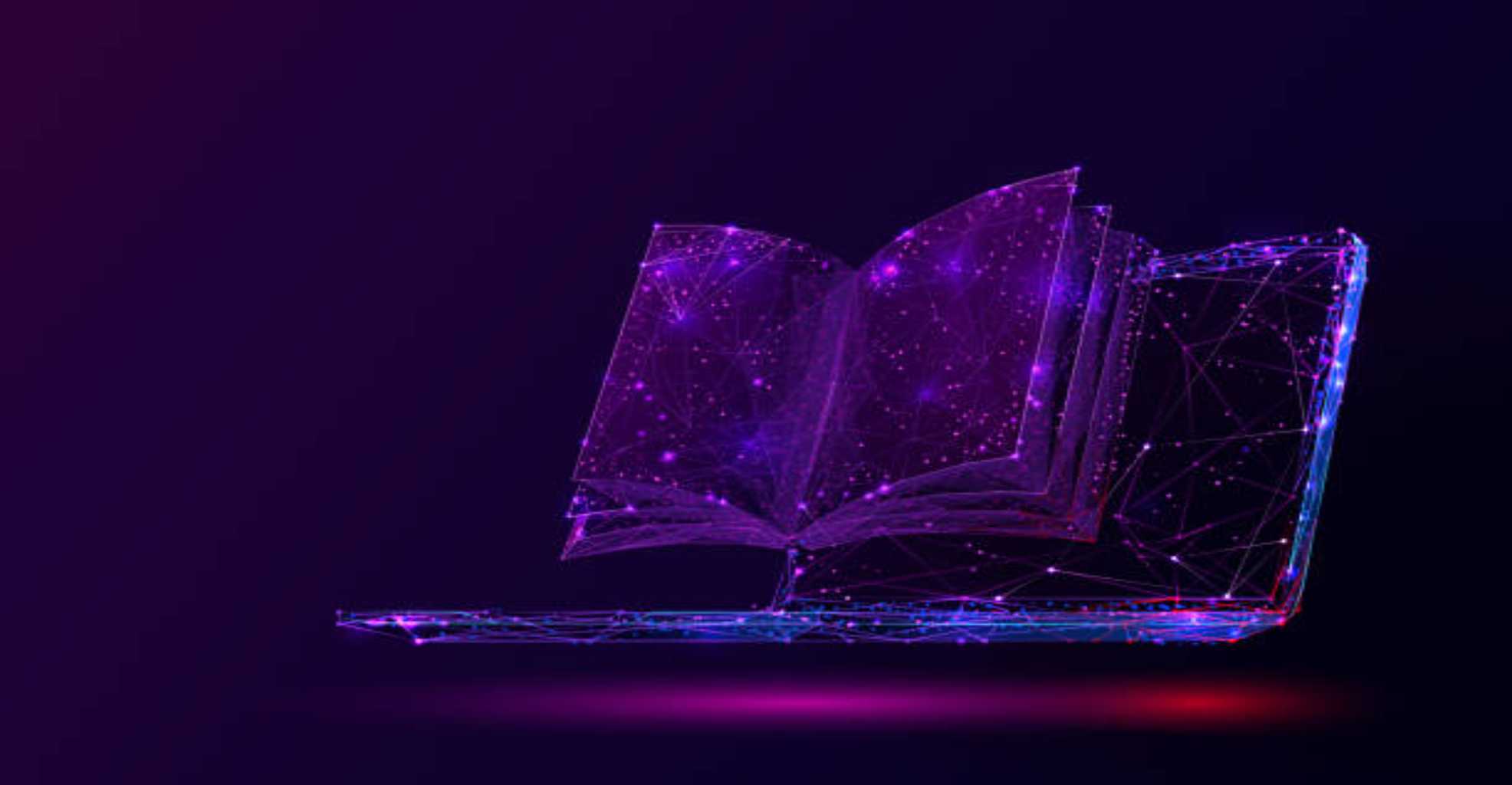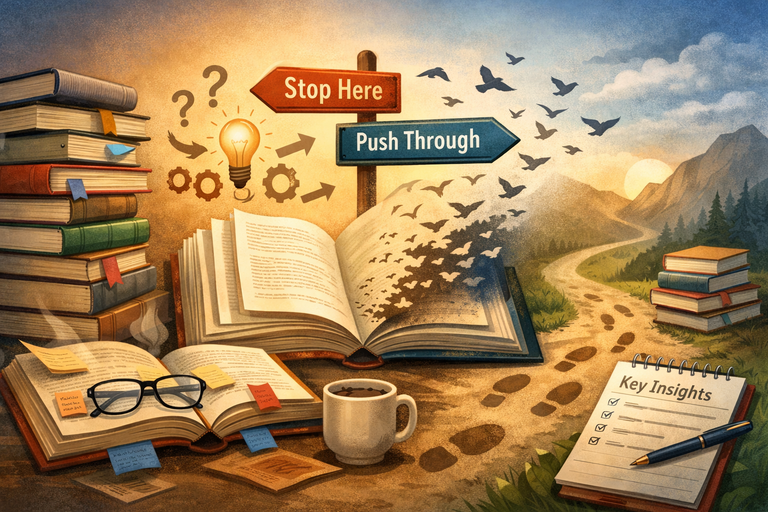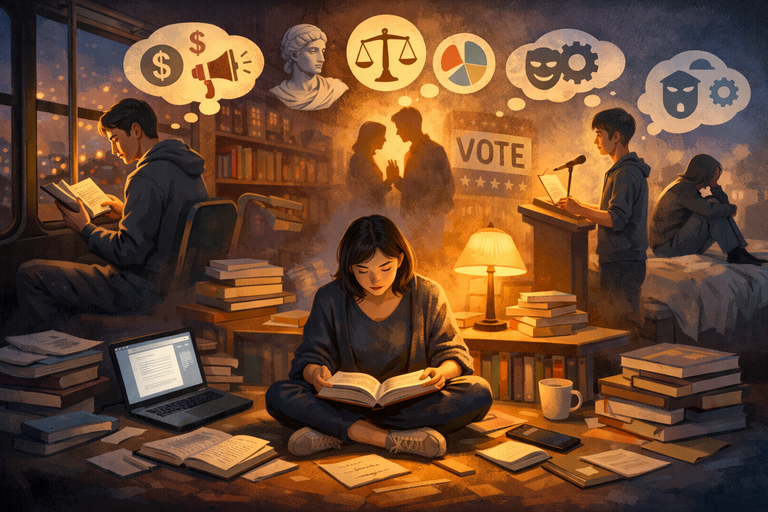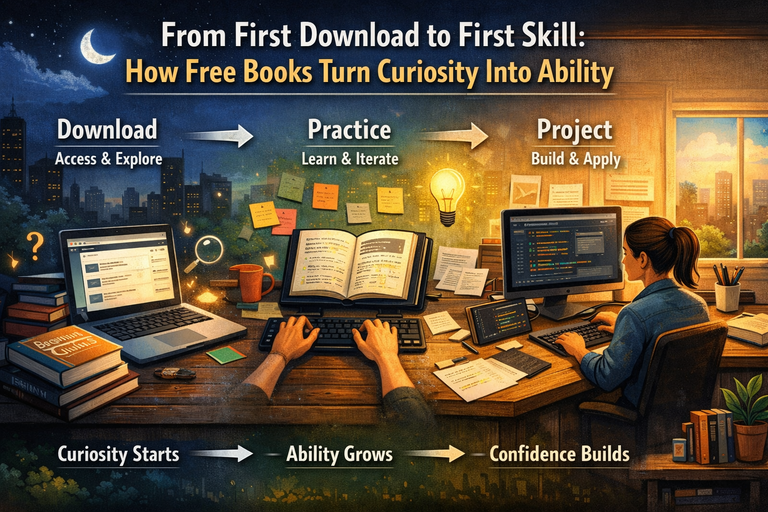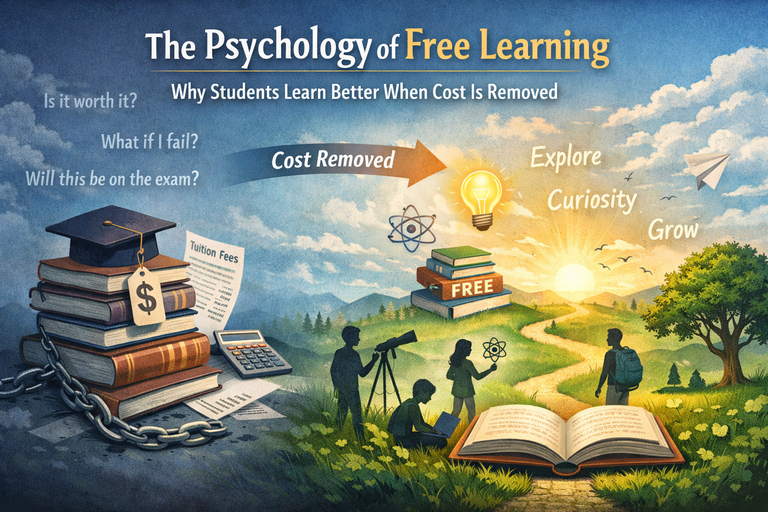How Technology Novels Predict the Future of Innovation
Technology has always been a driving force of change, pushing societies into new eras of discovery, industry, and imagination. Interestingly, some of the most accurate predictions about technological innovation haven't come from scientists or researchers, but from authors — visionaries who use fiction to explore what might lie ahead. In many ways, technology novels have served as early blueprints for real-world advancements, painting vivid pictures of innovations long before they become reality.
At Junkybooks, we love diving into the intersection of literature and innovation. Today, we’re exploring how technology novels predict the future of innovation, shaping the way inventors, entrepreneurs, and dreamers think about what’s possible.
The Power of Imagination in Shaping Reality
Before the internet connected the world, before robots roamed manufacturing floors, and before rockets carried humans beyond Earth’s orbit, writers were imagining these possibilities. Their novels didn't just entertain; they inspired real-life engineers and scientists to turn fiction into fact.
Authors like Jules Verne, Arthur C. Clarke, and Philip K. Dick demonstrated how the written word can stretch the boundaries of science and technology. In fact, some of their "fantastical" ideas now seem eerily familiar today — from space travel and artificial intelligence to virtual reality and smart devices.
The key? These writers were tapping into human curiosity, societal needs, and the logical extension of existing technologies to imagine what innovations might emerge.
Classic Examples of Fiction Predicting Innovation
Throughout history, certain novels stand out for their uncanny technological predictions. Let’s take a closer look:
1. Jules Verne’s “From the Earth to the Moon” (1865)
Long before space agencies existed, Jules Verne envisioned a spacecraft launched to the moon from a giant cannon in Florida. Sound familiar? The Apollo missions would later launch from nearby Cape Canaveral, Florida, and involve similar calculations regarding trajectories and escape velocity.
2. Arthur C. Clarke’s “2001: A Space Odyssey” (1968)
Arthur C. Clarke foresaw artificial intelligence like HAL 9000, video conferencing, and tablets — long before these became commonplace. Today, devices like iPads, Zoom meetings, and voice-activated assistants owe a lot to Clarke’s prophetic vision.
3. William Gibson’s “Neuromancer” (1984)
In Neuromancer, Gibson described cyberspace, hacking, and a connected virtual world years before the internet became mainstream. His novel popularized the idea of “the matrix” and virtual realities, influencing tech culture profoundly.
Why Technology Novels Get It Right
It’s not magic — it's careful observation, creative extrapolation, and a deep understanding of human nature. Here’s why technology novels often end up predicting innovation:
1. Writers Build on Existing Trends
Good authors observe the small shifts happening in society — advancements in science, changes in behavior, economic needs — and project them forward. They ask: "What happens if this trend continues unchecked?"
2. They Explore Human Needs and Fears
Many innovations arise from solving problems or addressing desires. Whether it’s the need for faster communication, better healthcare, or environmental sustainability, technology novels often speculate on solutions to pressing human concerns.
3. They Imagine Without Limits
Unlike scientists, who must adhere to the laws of physics and available resources, novelists can freely dream. This lack of constraint allows them to envision technologies that seem impossible at first but become feasible as science catches up.
4. They Inspire Future Innovators
Young minds reading visionary novels often grow up wanting to bring those ideas to life. Elon Musk, for instance, has cited reading science fiction novels as a major inspiration for his ventures like SpaceX and Tesla.
Modern Tech Novels and Their Vision of Tomorrow
Today’s technology novels continue the tradition of predicting, inspiring, and warning about the future. Let’s look at a few contemporary examples:
“Ready Player One” by Ernest Cline (2011)
Virtual reality, gaming, and a digitized world economy are central themes in Ready Player One. Since its publication, VR technology has exploded, and the concept of the “metaverse” — a fully immersive digital universe — has become a major focus for tech giants like Meta (formerly Facebook).
“The Circle” by Dave Eggers (2013)
The Circle explores the dark side of tech monopolies, privacy erosion, and social media addiction. Its portrayal of a single corporation controlling personal data foreshadows real-world conversations around companies like Google, Amazon, and Facebook.
“Autonomous” by Annalee Newitz (2017)
This novel explores biotechnology, AI, and the legal rights of robots and humans alike. The ethical questions it raises about ownership, consciousness, and capitalism feel increasingly urgent as AI technologies like ChatGPT and autonomous systems advance.
The Double-Edged Sword of Technological Predictions
While many technology novels celebrate innovation, they also often come with warnings. Dystopian futures show how innovation, when left unchecked or ethically misaligned, can lead to new forms of inequality, control, or even societal collapse.
Novels like George Orwell’s 1984 or Margaret Atwood’s The Handmaid’s Tale — though not strictly about technology — warn about how tools of control (including surveillance tech) can be weaponized against society.
This balance of hope and caution makes technology novels such powerful vehicles for not just predicting innovation, but also questioning its ethical implications.
Technology Novels That Continue to Inspire Innovators
Here’s a short list of other novels that have inspired real-world technologies or philosophies:
-
“Snow Crash” by Neal Stephenson — popularized the term "Metaverse"
-
“Do Androids Dream of Electric Sheep?” by Philip K. Dick — inspired films like Blade Runner and debates about AI consciousness
-
“Daemon” by Daniel Suarez — paints a picture of AI-driven automated societies
-
“The Quantum Thief” by Hannu Rajaniemi — envisions complex cryptographic societies
Many CEOs, engineers, and designers still cite these novels as the origin points for their biggest ideas. At Junkybooks, we believe that reading technology fiction is one of the best ways to stay ahead of the curve.
Why Every Innovator Should Read Technology Novels
Reading tech novels does more than entertain. It trains the mind to think creatively, critically, and ethically about innovation. Here’s why innovators should make fiction part of their education:
-
It stretches your imagination beyond current limitations
-
It teaches you to anticipate unintended consequences
-
It nurtures empathy for how technology impacts society
-
It encourages you to think about both the "what" and the "why" of innovation
While technical manuals teach how something works, fiction asks why it should exist and what it might mean for humanity.
Conclusion: Fiction Today, Innovation Tomorrow
Technology novels don’t just predict the future — they shape it. By blending imagination with grounded observations about society, these authors help humanity dream bigger and think deeper about what comes next.
If you’re an innovator, entrepreneur, or simply someone fascinated by technology’s evolution, reading technology novels isn’t optional — it’s essential. They will challenge you to think differently, anticipate new needs, and perhaps even inspire the next great invention.
At Junkybooks, we’ll continue exploring the stories that drive the world forward. Because today's fiction could very well be tomorrow's reality.

